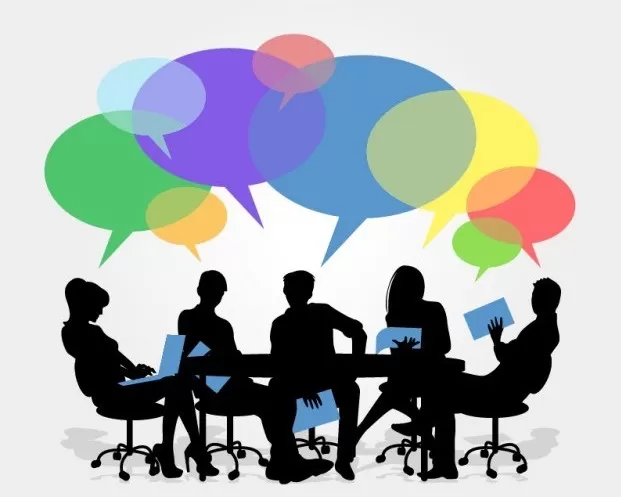
For your child who has special needs, the IEP (Individualized Education Program) is the most important document in his or her school file. Having an IEP that comprehensively addresses all your child’s needs is critical to his or her success in school and future development. As your child’s primary advocate, it’s your job to help guide the IEP process. One way to do that is to ask questions during the IEP meeting to gather information and prompt meaningful discussions.
It’s important to know who is present, calling in, or providing written commentary that is discussed at the meeting. The names and titles of teachers and specialists are incredibly important to notate as you should be in contact with them throughout the year to track progress, address concerns, and more.
You are fully entitled to have a copy of the IEP. Remember to ask for it if it is not provided for you.
If this is your first IEP meeting, these questions are very important. You get the input of specialists but understanding the language can be tough. There are acronyms, teacher speak, developmental milestones — it can be very overwhelming. After each IEP section, ask the team: What should this look like? How long will it be before I see progress? What are the signs that we are moving in the right direction? What should I watch out for?
If this isn’t your first IEP meeting, measurable annual goals are an important piece to the puzzle. They show how your child has grown through the year, and if he or she has met the criteria that teachers set for them. These will be reviewed at each annual meeting and it’s important to understand what the goals were, how they were met, why they were not met, and what methods the teacher used to measure progress.
This is a great time to speak to the experts about ways you can encourage progress and growth at home. They should be able to provide you with readings strategies, math support, social suggestions, and skill building ideas that will help you to reinforce the efforts they are putting forth in the classroom.
While IEP meetings can feel a bit focused on deficits and weaknesses, it’s so important to understand what is working and what your child does well. These need to be consistently celebrated and reinforced to encourage your child and help them develop healthy self-esteem.
Special education teachers, school psychologists/psychiatrists, and clinicians have extensive experience in reading reports, interpreting scores, and understanding diagnoses. Chances are, you probably don’t. It’s so important to walk away from this IEP meeting fully understanding any scores, reports, and verbiage listed that relates to both progress and diagnosis of your child.
Don’t be afraid to ask questions and request services. The more you advocate for your child, the greater your chances of having a successful IEP meeting and your child will get the services needed.
And as always, if you feel overwhelmed and you need help, please contact us.
American Advocacy Group is on the front lines every day, making positive change happen for people diagnosed with Autism, Down syndrome and a range of diagnoses across the continuum. As a leading advocate for all people with intellectual and developmental disabilities and their families, and the premier provider of the support and services people want and need, we understand the system and know how to take action in regard to your best interests.
CONTACT US FOR HELP.
Dial (877) 762-0702 or email us at [email protected].